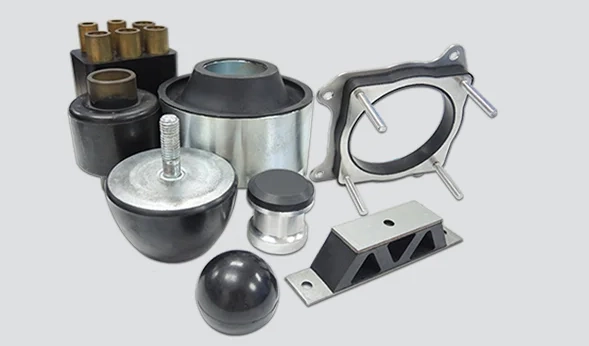In the realm of materials, the comparison between quartz and glass often arises when discussing strength and durability. Both materials have their unique properties and applications, but the question remains: Is quartz truly stronger than glass? In this article, we will delve into the intricacies of these materials, exploring their composition, properties, and real-world applications to determine which one reigns supreme in terms of strength.
- Understanding Quartz and Glass:
Quartz: Quartz is a mineral composed of silicon and oxygen atoms, forming a crystalline structure. It is one of the most abundant minerals on Earth and is renowned for its hardness and resistance to high temperatures.
Glass: Glass, on the other hand, is an amorphous solid made primarily from silica, soda ash, and lime. It lacks a crystalline structure and is manufactured by heating and cooling the ingredients to a molten state. - The Strength Factors:
a. Hardness: Quartz possesses a higher hardness rating on the Mohs scale compared to glass. While glass typically ranks around 5-6, quartz boasts a rating of 7, making it significantly harder and more resistant to scratches.
b. Impact Resistance: When it comes to impact resistance, quartz again outshines glass. Due to its crystalline structure, quartz is less prone to shattering upon impact, making it a preferred choice for applications that require durability, such as countertops and flooring.
c. Heat Resistance: Quartz exhibits superior heat resistance compared to glass. It can withstand high temperatures without warping or cracking, making it suitable for use in kitchen countertops and laboratory equipment. - Real-World Applications:
a. Quartz: Owing to its exceptional strength, quartz finds extensive use in various industries. It is widely utilized in the manufacturing of countertops, where its durability and resistance to stains and scratches are highly valued. Additionally, quartz is employed in the production of watches, semiconductors, and optical lenses, where its hardness and clarity are indispensable.
b. Glass: Glass, with its unique properties, is employed in a myriad of applications. From windows and mirrors to bottles and smartphone screens, glass is a versatile material. However, its lower strength compared to quartz necessitates careful handling and precautions to prevent breakage.
Conclusion:
In the battle of strength between quartz and glass, it is evident that quartz emerges as the victor. Its superior hardness, impact resistance, and heat resistance make it a preferred choice for applications that demand durability and longevity. However, it is important to note that glass still holds its own in various applications, thanks to its versatility and aesthetic appeal. By understanding the strengths and weaknesses of both materials, we can make informed decisions when selecting the appropriate material for specific purposes. So, whether you're considering a new countertop or evaluating the durability of a product, knowing the strength disparities between quartz and glass is crucial.






